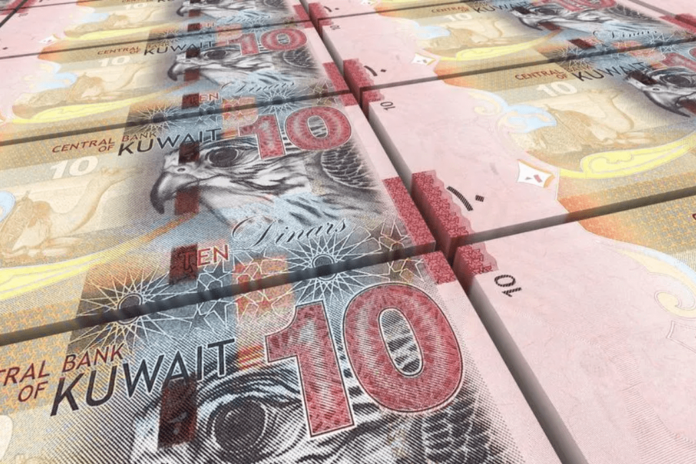Kuwait has officially approved a new financing and liquidity law, marking its return to the debt market after an eight-year break. The legislation allows the country, one of OPEC’s leading oil producers, to issue up to $97.3 billion (30 billion Kuwaiti dinars) in bonds denominated in local and major foreign currencies, with maturities extending up to 50 years.
The new law aims to help fund key projects designed to diversify Kuwait’s economy, reducing its heavy reliance on oil revenues. Kuwait, currently the fourth-largest exporter in OPEC behind Saudi Arabia, Iraq, and the United Arab Emirates (UAE), has faced significant economic vulnerabilities due to its inability to borrow since 2017. This made the country especially sensitive to oil-price fluctuations compared to its Gulf neighbours.
In recent years, Kuwait has fallen behind regional counterparts like Saudi Arabia and the UAE, which have actively borrowed funds to support investments in large-scale infrastructure projects, artificial intelligence, and emerging technologies.
In December 2024, the International Monetary Fund (IMF) noted Kuwait’s continued economic recession, partly triggered by production cuts agreed upon by OPEC+. The IMF highlighted Kuwait’s exposure to global economic risks, including oil-price volatility, shifts in global economic growth, and regional conflicts.
Noura Al-Fassam, Kuwait’s Minister of Finance and Minister of State for Economic Affairs and Investment, described the law as “a crucial step in ongoing financial and economic reforms aimed at building a more diversified and sustainable economy for the state and its citizens.”
Shaikh Nawaf S. Al-Sabah, CEO of Kuwait Petroleum Corporation, previously emphasized the importance of diversifying revenue streams, suggesting that an oil-reliant economy alone would not guarantee a sustainable future. He stressed the necessity for Kuwait to identify alternative sources of income, highlighting the urgency of implementing reforms provided by the new financing legislation.


